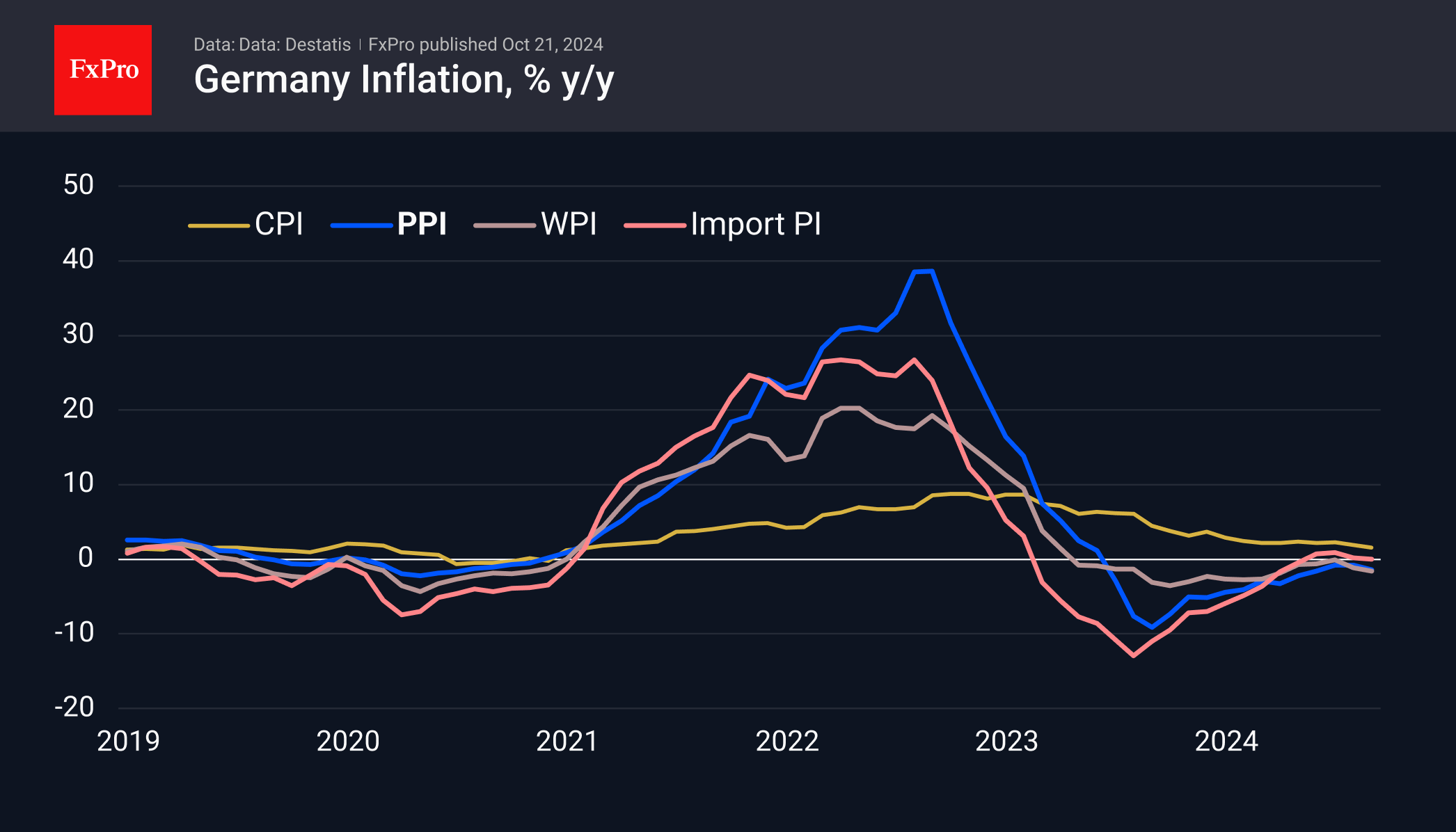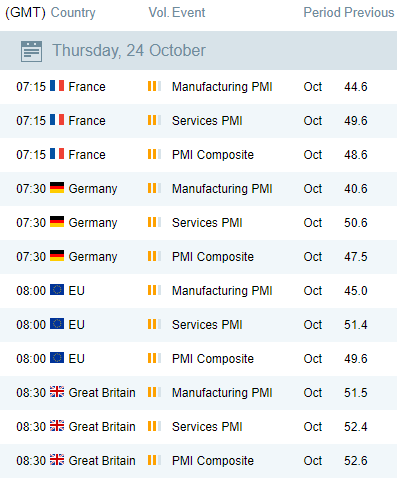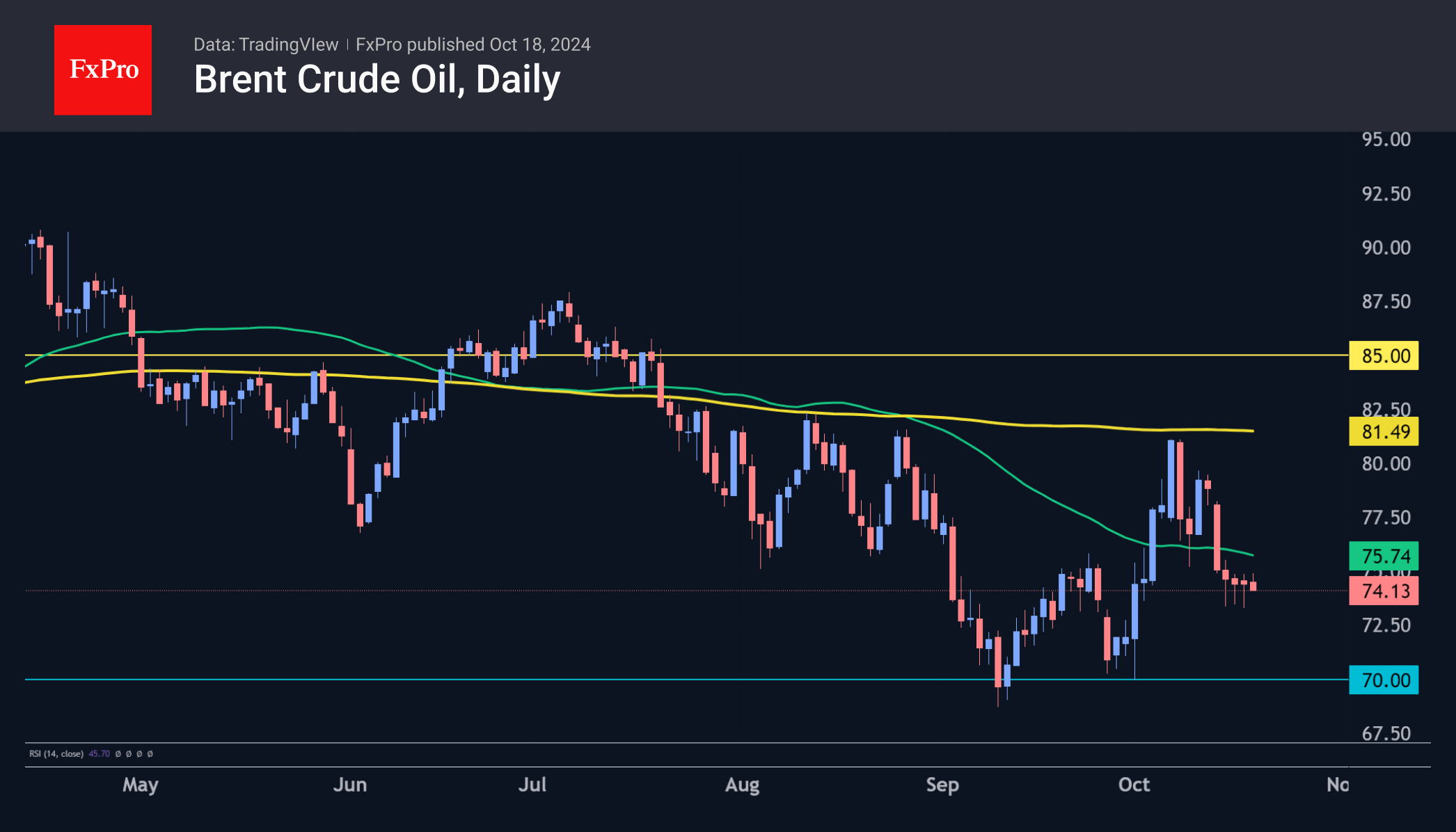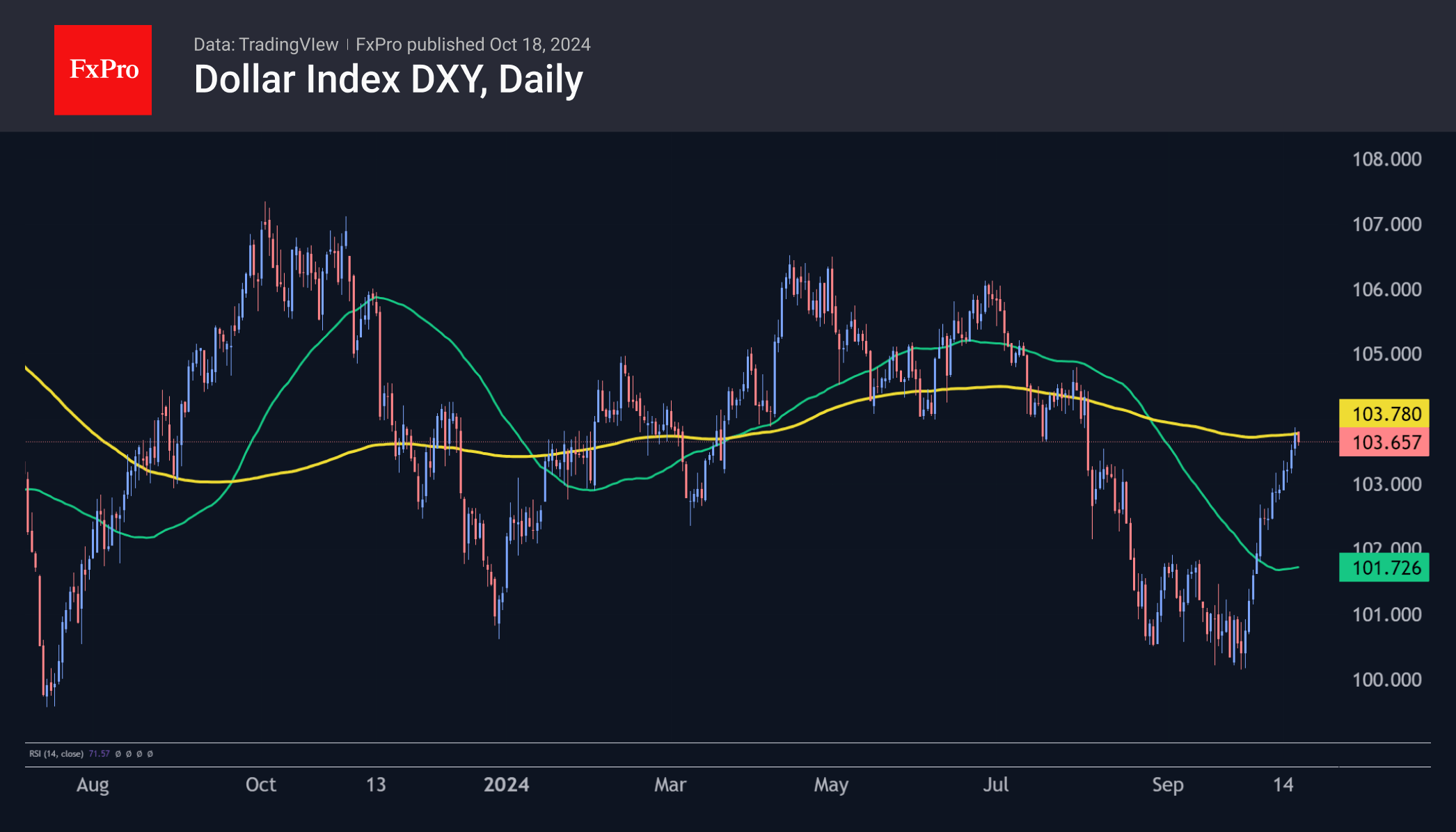BOE Has a Powerful Tool to Tighten Policy Without Raising Alarm
August 10, 2021 @ 13:38 +03:00

Inaction could be a powerful option for Bank of England officials looking to scale back stimulus for the economy and shrink their swollen balance sheet. In a surprise move, Governor Andrew Bailey last week indicated that a “modest tightening” for monetary policy is likely in the next few years. When the time comes, it will begin with halting reinvestment of cash that comes from maturing investments in the BOE’s asset purchase facility.
The remarks give an indication how the BOE will start to unwind almost 900 billion pounds ($1.2 trillion) of government bonds it bought during the past decade. If the new policy kicks in around 2023, when investors anticipate, it could draw 400 billion pounds out of markets by 2030, based on BOE data detailing its gilt holdings through Aug. 4. Allowing gilts to mature would represent a gentle way to scale back support that the BOE lavished on markets help borrowing costs and maintain confidence among investors.
The Asset Purchase Facility has been the BOE’s main tool to boost the economy since the global financial crisis started more than a decade ago. Since then, policy makers injected more support in the form of bond purchases, or quantitative easing, around the time of Britain’s decision to leave the European Union and then again in the past two years during the coronavirus pandemic.
With the economy recovering sharply from its worst recession in three centuries, policy makers are now starting to talk about reining that support. Since no new doses of QE are planned beyond the end of this year, speculation is turning toward when the BOE reduces the scale of the holdings it built up.
Last week, officials said they’d halt reinvestments only once its benchmark lending rate, which is now at a record low of 0.1%, rises to 0.5%. Direct sales of gilts would happen only when the key rate hits 1%. At the moment, when gilts in the asset purchase facility mature, the BOE reinvests that money in new securities to maintain the scale of its fund. Bailey said putting a stop to that policy would give investors predictability about the pace of tightening.
Crucially, it will save the market from an unpleasant surprise, with each stage of tightening dependent on the timetabled maturing of different gilts held by the Bank of England’s Asset Purchase Facility. If the move was announced at the start of 2023, it would take until July for the first bond to expire.
Money markets are betting the BOE will raise interest rates 15 basis points by June, with a further 25-basis-point increase to follow in early 2023. That would take the Bank Rate to 0.5%.
Lawmakers in Parliament added urgency to scaling back the BOE’s balance sheet. A cross-party panel in the House of Lords called for the central bank to justify the use of quantitative easing, saying it was adding to pressure on the public finances and inflating asset prices across the economy.
BOE Has a Powerful Tool to Tighten Policy Without Raising Alarm, CNBC, Aug 10








 GBP | BOE Governor Andrew Bailey Speaks
GBP | BOE Governor Andrew Bailey Speaks